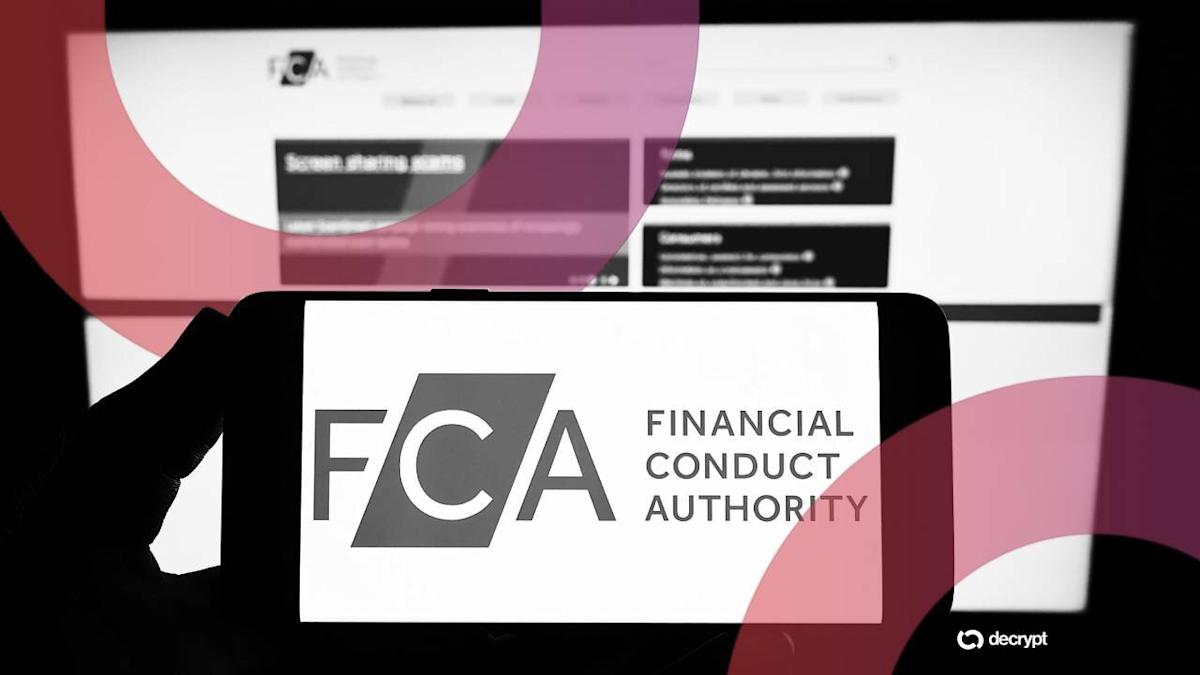UK Regulator Ramps Up Crypto Approvals As Applications Drop
The UK’s Financial Conduct Authority has reduced the time it takes to approve crypto registration applications by 69% since 2023, although data from the regulator also show that there has been a 43.5% decline in applications over the past two years.
The FCA has released the data following a freedom of information request from London-based international law firm Reed Smith, which sought clarification on the number of applications sent by cryptoasset service providers (such as exchanges) since the 22/23 financial year.
The data reveal that successful applications have declined in consecutive years, from eight in 22/23 to six in 23/24 and then three in 24/25.
This coincides with a decline in the total number of applications received by the UK’s financial regulator, declining from 46 in 22/23 to 28 in 23/24 and then 26 in 24/25.
These figures also mean that the FCA’s approval rate has declined over this period, from 17.4% in 22/23 to 11.5% in 24/25.
However, the data also show that the regulator is speeding up its application process, following an approach in previous that had resulted in an exodus of cryptocurrency firms.
Back in the 22/23 financial year, the FCA had taken an average of 511 days to approve an application, whereas the corresponding figure for 24/25 was 158 days.
This acceleration is being welcomed by representatives of the UK cryptocurrency industry, with a spokesperson for CryptoUK telling Decrypt that the shift will boost confidence among crypto-related businesses.
“CryptoUK and its 200 members continue to work closely with the regulator, the government and other policymakers,” the spokesperson said. They added that, “The industry realises how important it is for the FCA to meet its regulatory roadmap and digital asset businesses are keen for a full legal framework to be in place.”
Another positive development is that fewer firms are now withdrawing applications each year, with this figure having dropped from 70 in 22/23 to 15 in 24/25.
This is received as good news by Simon Jennings, the Executive Director of the UK Cryptoasset Business Council, who told Decrypt that progress has definitely been made.
“The FCA itself has built up knowledge and resources internally, which naturally speeds things up,” he said. “And with its new secondary objective on growth and international competitiveness starting to filter through, the system feels a little less clogged than it used to.”
On the other hand, Jennings acknowledged the fact that fewer firms applied last year, which he links to a lingering perception of long timelines and uncertainty.



Leave a Comment
Your email address will not be published. Required fields are marked *